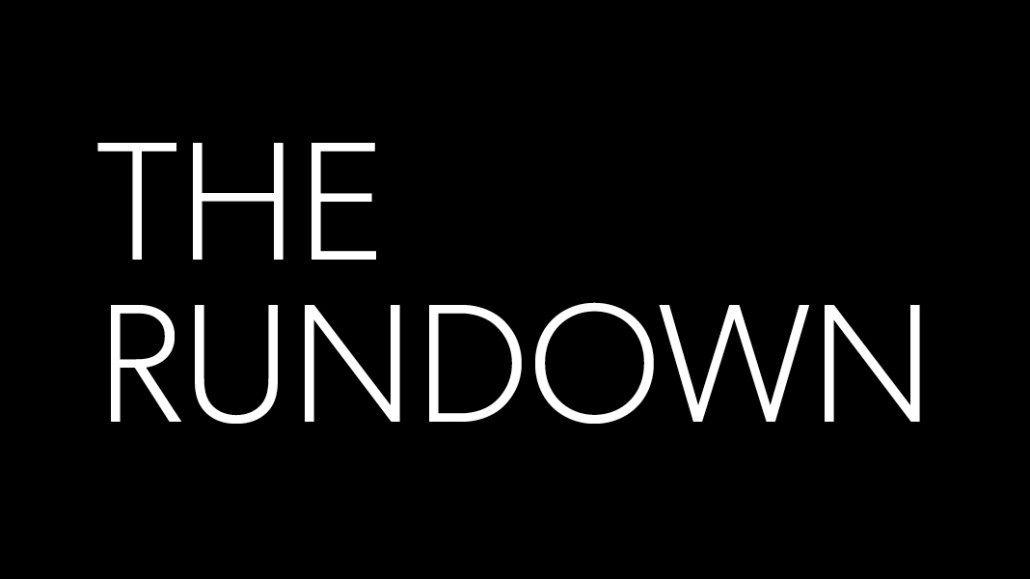
Last week, I went to Japan for the inaugural Digiday Brand Leaders summit. I spent time in both Tokyo and Fukuoka, chatting with brand marketers of all shapes and sizes. The one big thing on their minds: Amazon.
Brand marketers are getting interested in how Amazon is rewriting marketing, from its e-commerce capabilities to its use as an advertising platform. More of them are thinking of spending more money advertising on Amazon next year, recognizing how seamless and controlled its infrastructure is.
Japanese marketers are interested in one other big thing: voice. An overwhelming number of brand execs told me they wanted to figure out how to use the Amazon Echo and its artificial intelligence capabilities to change how consumers discover and shop for their products.
That’s especially interesting in Japan, where AI-powered voice seems to be the thing du jour. From walking down the streets in Shibuya to hopping into taxis, voice is everywhere — it blares from speakers advertising deals, discounts and even notifying you of your bill at checkout. Voice is big enough that Line Corporation earlier this summer announced it would create a smart speaker called Clova (it comes in “bear” and “chicken” forms) to challenge Amazon’s dominance in the area and will work with conbini (Japanese for convenience) chain FamilyMart as well as Toyota.
Amazon has been in Japan for a long time — starting as a bookseller in 2000. But homegrown e-commerce company Rakuten is still the bigger fish in the pond. An April poll by DI Marketing found that 70 percent of buyers use Rakuten, compared with 66 percent who use Amazon Japan. Echo might be what tips the balance, marketers hope. Look for research results from our survey of the brands in attendance later this month. — Shareen Pathak
Meanwhile, in China
Luxury brands are warming up to the country’s massive e-commerce industry, despite rampant counterfeiting. Some bold brands like Louis Vuitton and Gucci think they can go it alone, bypassing e-commerce giants Alibaba and JD.com and launching independent sites. It’s risky, though, and sources are skeptical. “If you think you can get people to come to your individual brand site in China, you better be the most valuable brand in the world,” one source said. — Hilary Milnes
Snap earnings preview
Snap will report second-quarter earnings on Thursday as the company continues to face down an existential threat from Facebook. Its stock continues to get hammered, recently falling below its $17-per-share IPO price as users, publishers and advertisers increasingly flock to Instagram Stories.
Since it filed to go public, Snap has tried to persuade Wall Street to ignore how many daily active users it has. With growth slowing, Snap instead wants investors to focus on how much money it can make from existing users — in the form of the average revenue per user (ARPU) metric. In its first earnings report, Snap made 90 cents per user; it’s expected to grow that number to $1.19 per user, according to RBC Capital’s Mark Mahaney.
Unfortunately, Wall Street has been trained to assess growth and success by how many users a platform has versus how much time existing users spend within an app. Snap will remain defiant about competitors, arguing that its success will be determined by how well it can innovate and create products that people want to use. The trouble is, Snap is still a Snapchat company and hasn’t been able to demonstrate significant growth in other areas. It’s still considered an experimental platform by many advertisers, and there won’t be enough growth in ad revenue — even with the launch of a self-serve ad tool — to make people think otherwise. — Sahil Patel
Quote of the week
“Too often we go with the cheapest partner. Since a lot of ad tech is the same, it makes sense to hire the cheapest vendor. But if we’re getting freelance creatives, you can’t use that approach because going with the cheapest person just means that you’ll wind up with crappy-looking ads.” — An agency source, to Ross Benes
Coming up
Join us next Thursday, 8/17 at 1 p.m. to chat with Geoff Schiller from PopSugar in the next Slack town hall.
And thanks for being a Digiday+ member. We’d love to get your feedback through this four-question member satisfaction survey.
More in Marketing

YouTube’s upmarket TV push still runs on mid-funnel DNA
YouTube is balancing wanting to be premium TV, the short-form powerhouse and a creator economy engine all at once.

Digiday ranks the best and worst Super Bowl 2026 ads
Now that the dust has settled, it’s time to reflect on the best and worst commercials from Super Bowl 2026.

In the age of AI content, The Super Bowl felt old-fashioned
The Super Bowl is one of the last places where brands are reminded that cultural likeness is easy but shared experience is earned.





